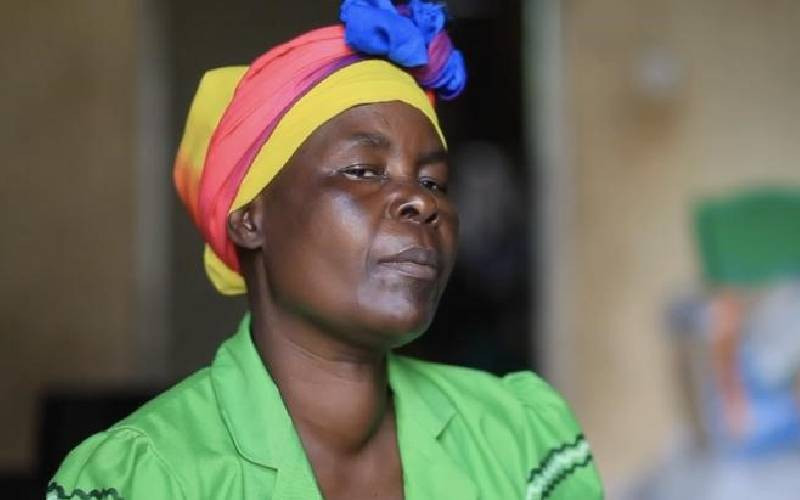
The Gig Economy in Kenya is expected to grow by 33 per cent over the next five years, highlighting the critical role of digital platforms in generating employment and supporting livelihoods.
According to a report by the Digital Economy Task Force, Kenya's gig economy is currently valued at $109 million supporting over 36,000 gig workers.
"With an estimated 82 per cent of its working population engaged in the informal sector, digital platforms are providing a critical bridge to formal employment. As a whole the gig economy is helping young Kenyans transition into more accessible competitive, and stable jobs by providing them with new sources of income," said Marcus Dukes, Founder Humanity NFT Program.
The program emerges as a key player offering a secure and non-intrusive way for individuals to participate in the Web3 space.
The Humanity NFT program utilises blockchain-based technology to create digital identities which enables individuals to utilise their personal natural resources to access, perform, and be compensated for gig work.
Dukes said this approach not only safeguards personal privacy but also fosters a sense of trust and security among participants.
He said as Kenya continues to navigate the challenges and opportunities of the digital economy, initiatives like the Humanity NFT program play a crucial role in shaping the future of work.
By offering a non-intrusive, privacy-respecting platform, he said, the program stands out as an innovative option in a sea of digital opportunities.
"It's not just about creating jobs; it's about redefining how work is found, performed, and rewarded in the digital age," said Dukes.
He said nearly 40,000 users from across Africa have already joined the campaign known as 'Activate Humanity' or #ActivateHumanity.
Despite the promising growth, the gig economy in Africa faces challenges, including the need for improved infrastructure, and digital literacy.
However, the increasing integration of mobile money and the development of local digital platforms offer a solid foundation for overcoming these obstacles.
According to a GSMA mobile economy report, by 2025, sub-Saharan Africa is expected to welcome 167 million new mobile subscribers, with significant contributions from Nigeria, Ethiopia, DRC, Tanzania, and Kenya.
The overall number will top 634 million unique mobile subscribers by 2025 across Sub-Saharan Africa.
This surge in mobile connectivity is laying the groundwork for the expansion of digital platforms across the continent.
As the gig economy's growth in Africa is partly attributed to the widespread adoption of mobile technology and internet access, it's only plausible that Africa's gig economy will grow as more people, and especially youth partake in the mobile-telephony boom.
With the Humanity NFT program exemplifying how technology is harnessing inclusive economic opportunities while respecting individual privacy, the numbers are surely going to grow.
 The Standard Group Plc is a multi-media organization with investments in media
platforms spanning newspaper print operations, television, radio broadcasting,
digital and online services. The Standard Group is recognized as a leading
multi-media house in Kenya with a key influence in matters of national and
international interest.
The Standard Group Plc is a multi-media organization with investments in media
platforms spanning newspaper print operations, television, radio broadcasting,
digital and online services. The Standard Group is recognized as a leading
multi-media house in Kenya with a key influence in matters of national and
international interest.
 The Standard Group Plc is a multi-media organization with investments in media
platforms spanning newspaper print operations, television, radio broadcasting,
digital and online services. The Standard Group is recognized as a leading
multi-media house in Kenya with a key influence in matters of national and
international interest.
The Standard Group Plc is a multi-media organization with investments in media
platforms spanning newspaper print operations, television, radio broadcasting,
digital and online services. The Standard Group is recognized as a leading
multi-media house in Kenya with a key influence in matters of national and
international interest.











